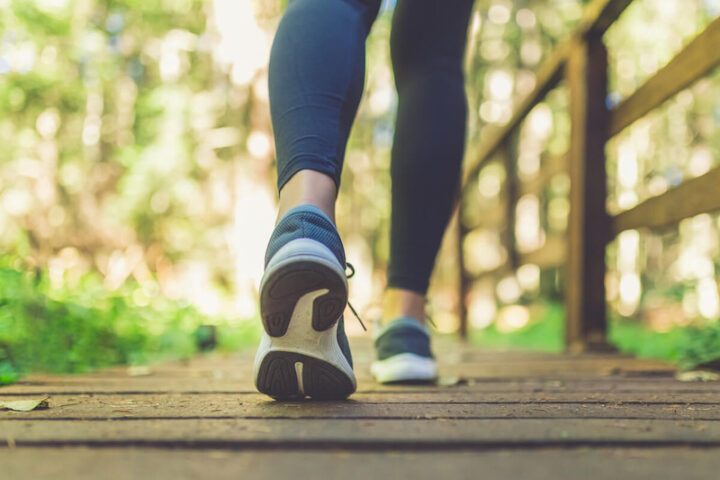Everyone is aware of the significance of getting a good night’s sleep. A lot of information is available on how many hours one should sleep or what foods one should or shouldn’t eat before bed, but not much is said about the importance of our pillows in promoting restful sleep.
A seemingly innocuous item in every day life, your pillow may be hiding something more than just a cosy spot to lay your head. Pillows may not directly cause illness, but the buildup of allergens and bacteria on them may contribute to future health problems.
Let’s explore the information you should have to make sure your sleeping haven is a healthy one.
- Build-up of allergens
Pillows accumulate allergens over time, including pollen, pet dander, and dust mites. These little particles have the potential to cause allergies, acne, and asthma, particularly in sensitive people. Using coverings that are allergen-proof and routinely washing pillows can help reduce exposure.
- Mold and Mildew Concerns
Particularly in humid environments, pillows offer a warm haven for mould and mildew to flourish. Allergies and respiratory issues may also result from this. Make sure the space where you sleep has adequate ventilation, and replace your pillow if it begins to smell musty or displays signs of moisture.
- Ground for Bacterial Breeding
Staphylococcus aureus and other bacteria can grow in abundance on pillows. Certain strains of bacteria can cause infections, even though the majority are safe. Bacterial development can be minimised by choosing antimicrobial pillow coverings and routinely washing pillowcases.
- The Dust Mite Problem
Dust mites are microscopic organisms that live on dead skin cells and are frequently found living in pillows. They excrete proteins that might aggravate asthma and allergies. Dust mite presence can be reduced by using a hypoallergenic pillow and washing pillowcases in hot water.
- Facts About Pillow Fungus
Pillows can contain fungal spores, which can cause diseases such as Aspergillosis, a lung ailment brought on by breathing in Aspergillus spores. While rare, people with weakened immune systems should exercise caution when it comes to it. These risks can be reduced by changing the pillow on a regular basis and keeping the sleeping area clean.
- Ways to Make a Pillow Healthier
Take look at these steps to keep your sleeping environment healthier:
- Regularly wash linens and pillowcases in hot water.
- Purchase pillows that are hypoallergenic.
- Make use of allergy-resistant pillowcases.
- Change pillows as needed, or every one to two years.
- Make sure your bedroom has enough ventilation to avoid moisture buildup.
- How to Check IIT GATE 2025 Results Online? Complete Guide - March 19, 2025
- Deadmau5 Sells Song Catalog for $55M to Launch New Music Venture - March 6, 2025
- Japanese Girl Group F5ve to Drop Debut Album ‘Sequence 01’ in May - March 6, 2025








